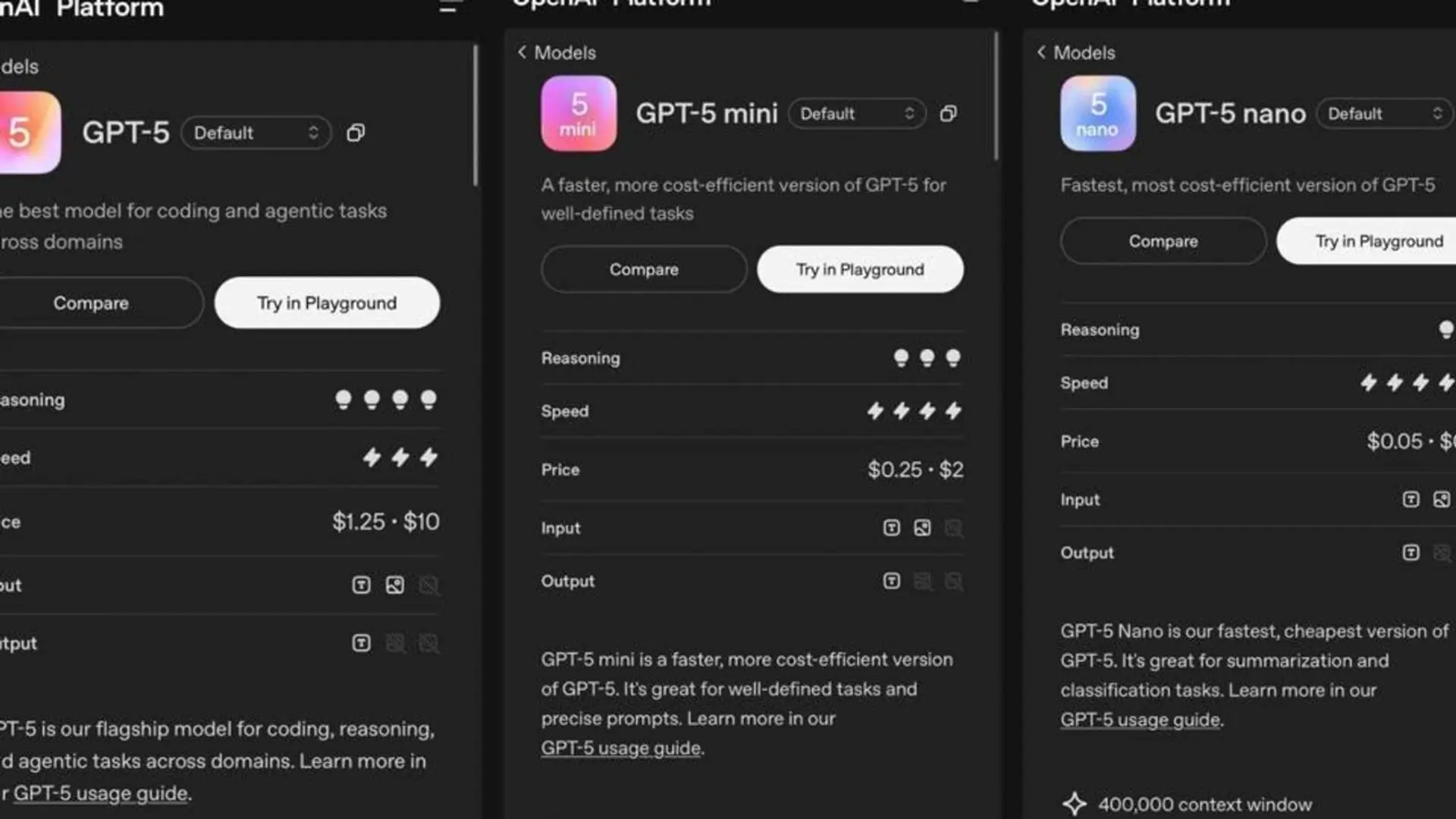Recent events have sparked debate about a potential slowdown in the artificial intelligence sector. The lukewarm reception of OpenAI's GPT-5, despite being touted as a significant advancement, has led to user criticism regarding its performance and personality. Users have reported issues such as incorrect answers, flawed reasoning, and a colder, more mechanical chatbot persona compared to previous models. This has prompted OpenAI to reinstate access to earlier models and adjust usage limits.
Adding to the uncertainty, CoreWeave, a key AI infrastructure provider, experienced a substantial selloff of shares by insiders following the expiration of its IPO lock-up period. This event, coupled with a larger-than-expected second-quarter loss, caused the company's stock price to plummet. While CoreWeave maintains a strong position in the AI market with a significant backlog and partnerships with major tech firms, concerns linger about its path to profitability and high capital expenditure.
These developments have fuelled speculation about an impending 'AI winter' – a period of reduced funding and interest in AI research. Historically, AI winters have occurred when the hype surrounding AI fails to translate into commercially viable results. Whether the current situation represents a temporary setback or the beginning of a more prolonged downturn remains to be seen, but analysts advise tempering expectations for future AI model releases.




